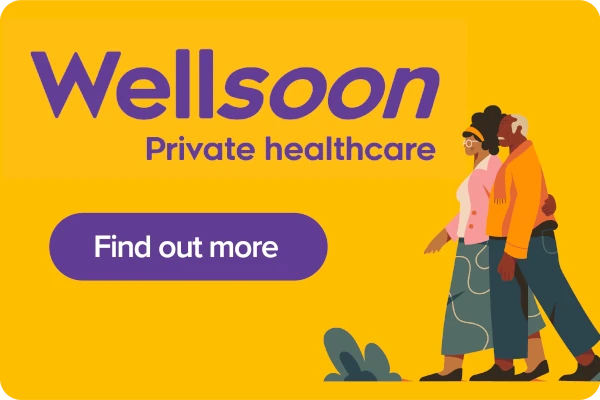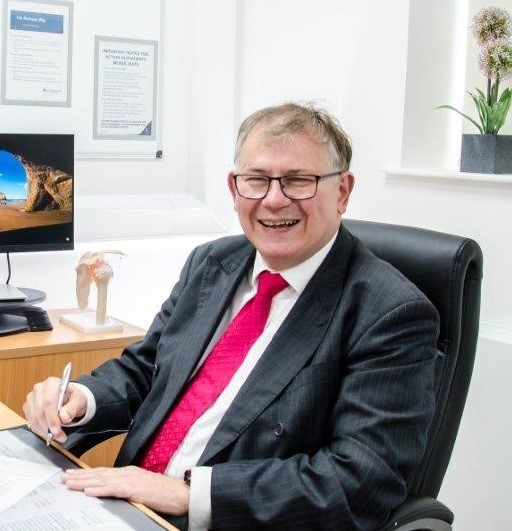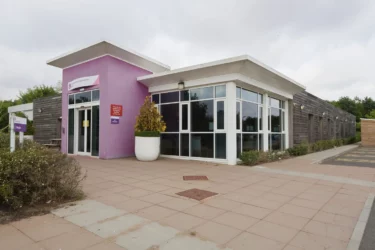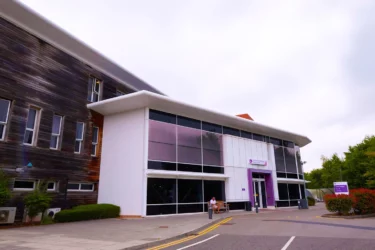Devizes
Procedure |
Price |
|---|---|
£2995 |
Emersons Green
Procedure |
Price |
|---|---|
£2995 |
Varicose vein laser for private patients

The cost of private varicose vein laser treatment for both legs is fixed and transparent. Recovery requires wearing a compression stocking for two weeks and staying active with regular walking.
Procedure |
Price |
|---|---|
£2995 |
Procedure |
Price |
|---|---|
£2995 |
Procedure |
Price |
|---|---|
£2995 |
Procedure |
Price |
|---|---|
£2995 |
The price of varicose veins treatment depends on how much laser treatment is needed. The more laser treatment, the higher the price. With that in mind, our prices are as follows:
If you take blood thinning medication (for example Warfarin, Apixiban, Clopidogrel, or other blood thinners) you will need to contact us before your procedure for advice. Taking Aspirin is fine, you’ll be able to have your treatment as planned.
The treated area will stay numb for the duration of the procedure and for up to 12 hours afterwards. A white area may also appear for some of this period – this is quite normal and is nothing to worry about. After the procedure, we recommend you take the painkiller that suits you best (such as Paracetamol or Ibuprofen). You should do this for several days afterwards, even if the leg is quite comfortable. This is because it’s better to be pre-emptive about discomfort rather that have to catch up with pain relief.
Four in every 10 patients have minimal or no discomfort, while two in every 10 experience discomfort lasting two weeks. Other experience pain that lasts for just a few days.
Shortly after the laser treatment, you will be encouraged to walk. You should try to stay busy and active in the following weeks, taking at least two brisk 30 minute walks a day. You will need to wear a tight elastic stocking day and night for two weeks after the treatment. These can be taken off for showering or bathing.
The known risks of varicose veins laser treatment are:
A number of other side effects have been experienced with this procedure. It’s important to note that these are rare.
Uncommon risks of varicose veins laser treatment include:
There are two ways to access varicose veins treatment at Practice Plus Group:
Who will I see?
You’ll see Mr Charles Ranaboldo, a GMC-registered consultant general and vascular surgeon with over 30 years’ experience, specialising in advanced vascular and general surgeries.
Mr Ranaboldo takes a comprehensive, patient-focused approach to healthcare. You’ll receive personal, confidential advice in a state-of-the-art, modern facility equipped with the latest technology.
“I am committed to ensuring patients feel informed and confident about their care. My approach prioritises minimally invasive techniques that promote faster recovery, reduce risks, and achieve exceptional outcomes while maintaining the highest standards of safety and professionalism.”

General Medical Council number: 2939195


Devizes, SN10 3UF
Treatments available at Devizes. We deliver a comprehensive range of orthopaedic care services, general surgeries and eye treatments. We offer short waiting times and excellent clinical outcomes, to help you get back to feeling fit and well again sooner.


Emersons Green, BS16 7FH
Treatments available at Emersons Green. We deliver a comprehensive range of orthopaedic care services, general surgeries and eye treatments to help you get back to feeling fit and well again sooner.
5,000+

treatments carried out last month
Outstanding

or 'Good' ratings by CQC
100%

clean record for hospital acquired infections
97%

of patients recommend Practice Plus Group
Not yet found the information you’re looking for? Our dedicated varicose veins treatment FAQs can help!
Yes, you can drive yourself to and from the procedure. For long journeys you should take a break every hour for the first 2 weeks post treatment.
You should avoid bathing, hot tubs, or swimming for 10 days post-treatment; showers should be cooler than normal.
You need to wait four weeks before flying short haul (less than 5000km) and six weeks for long haul (more than 5000km).
Yes, you will need to wear a stocking for two weeks, but they can be removed for washing and bathing after day three.
It is recommended to take at least two brisk 30-minute walks a day for two weeks following your procedure.
You should avoid vigorous exercise for one week after the procedure.
It is advised to take five days off work for recovery.
The main causes are:
– obesity
– family history of varicose veins
– sitting or standing for long periods
It’s unlikely. The NHS regards treatment for varicose veins as cosmetic and therefore not essential. It’s likely you will need to opt for private treatment for varicose veins.
Private patients opting for the self-pay route do not need a referral from their GP.
Typically, health insurance providers will need to see a GP referral.
Patients seeking treatment via the NHS will need to see their GP beforehand.
This depends entirely on the type of varicose veins a patient has. This will dictate the treatment needed.
The answer to this question depends on the needs of the patient. For some people, their varicose veins will be painful, increasing the urgency for treatment. Others approach treatment from more of a cosmetic angle.
There are a few methods that can help get rid of varicose veins without surgery. These include wearing compression socks, maintaining a healthy weight, and taking regular exercise.
No. While the symptoms can be painful, the treatment itself should be almost completely painless. What’s more, if successful, surgery should alleviate symptoms such as itchiness, swelling, and pain in the legs.